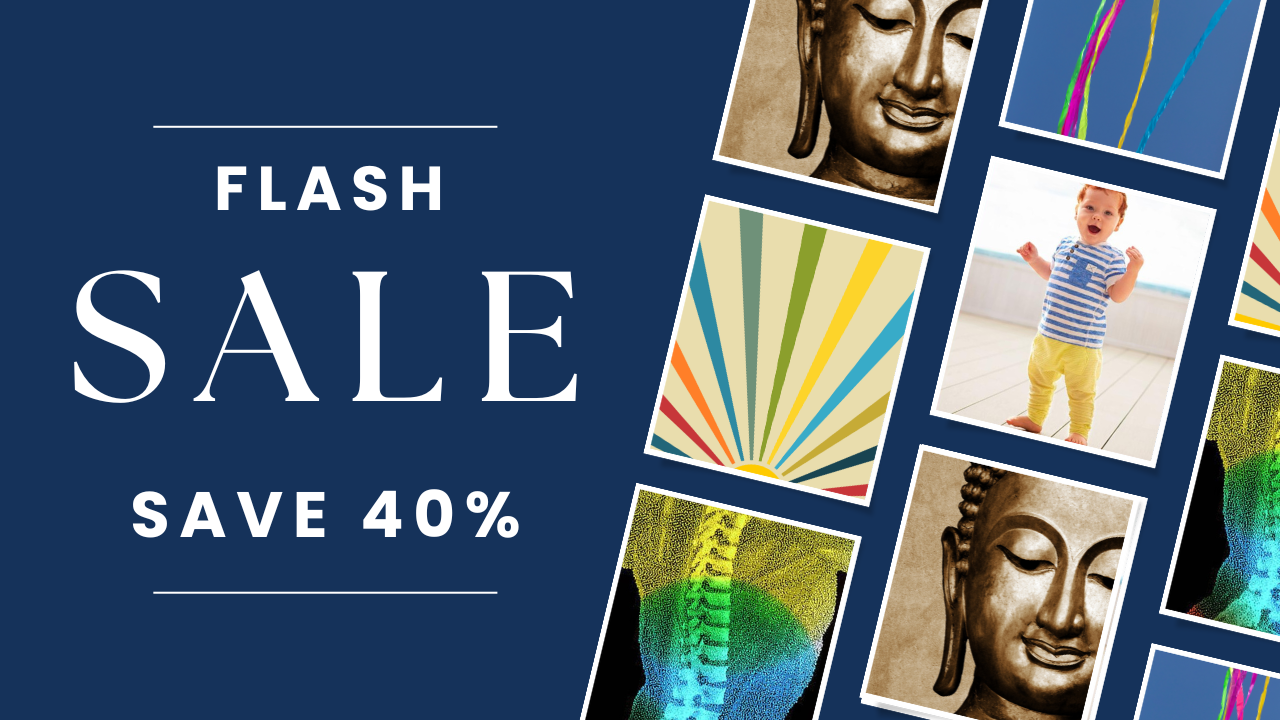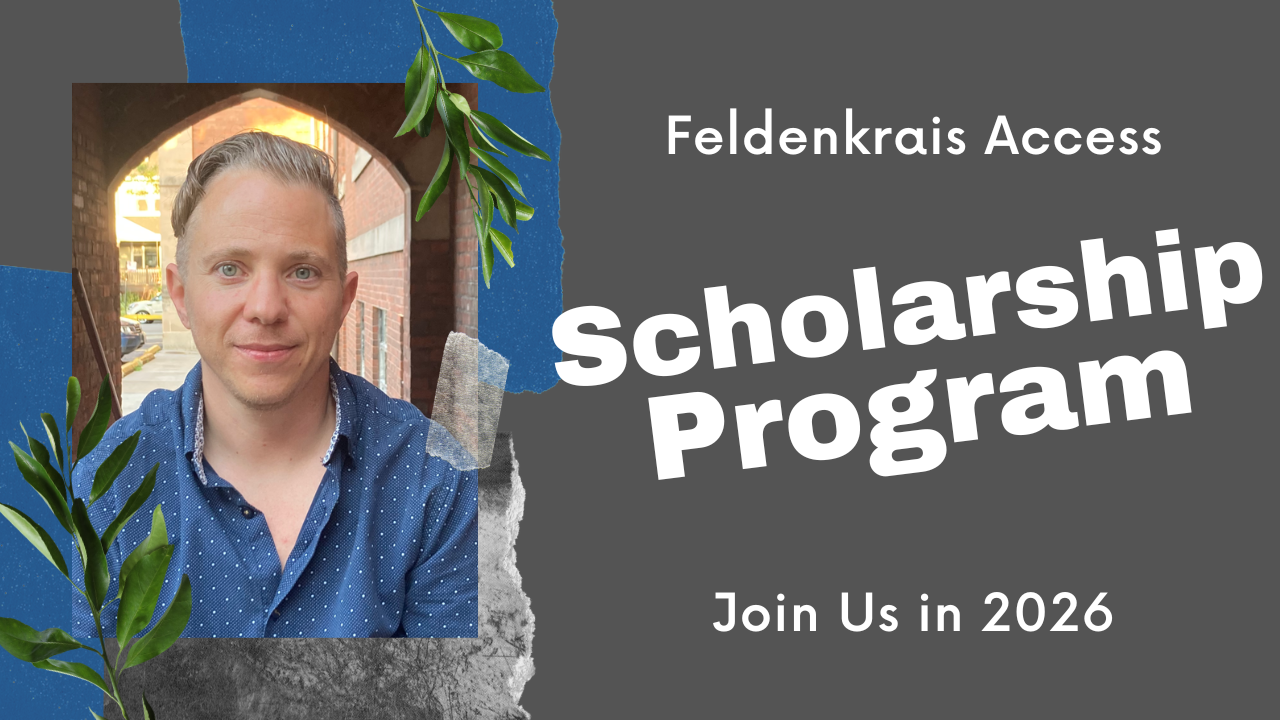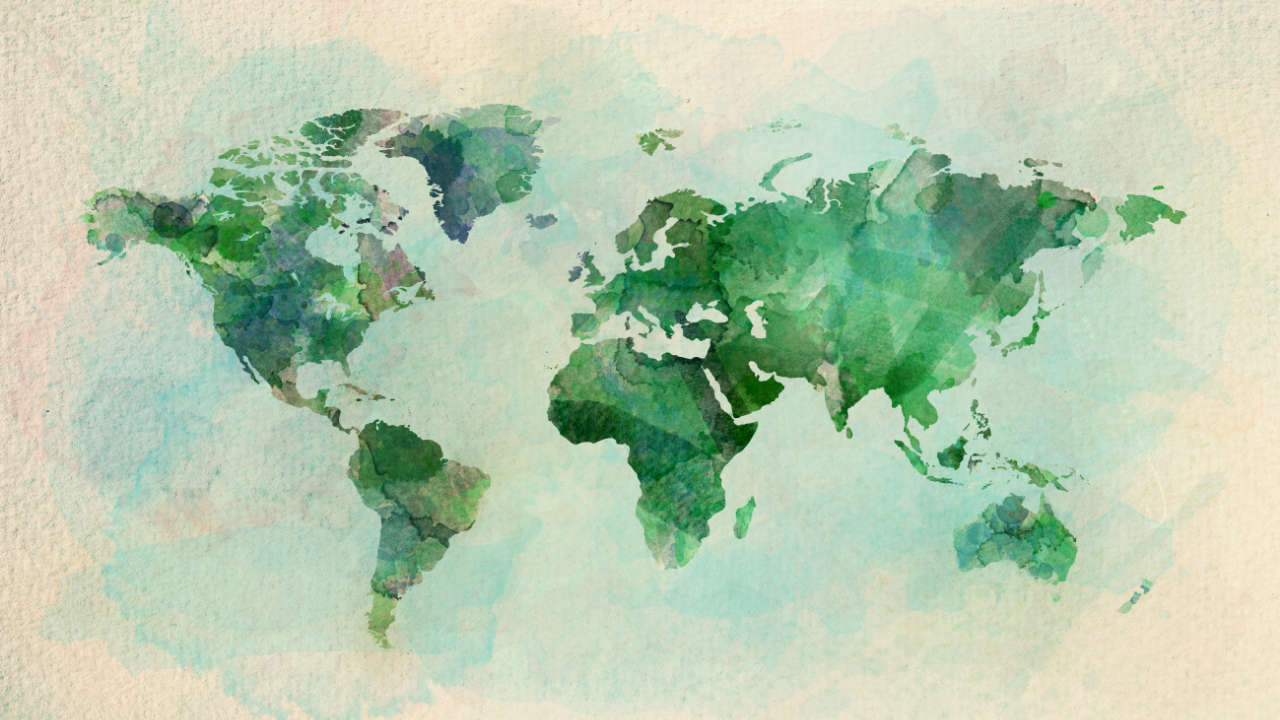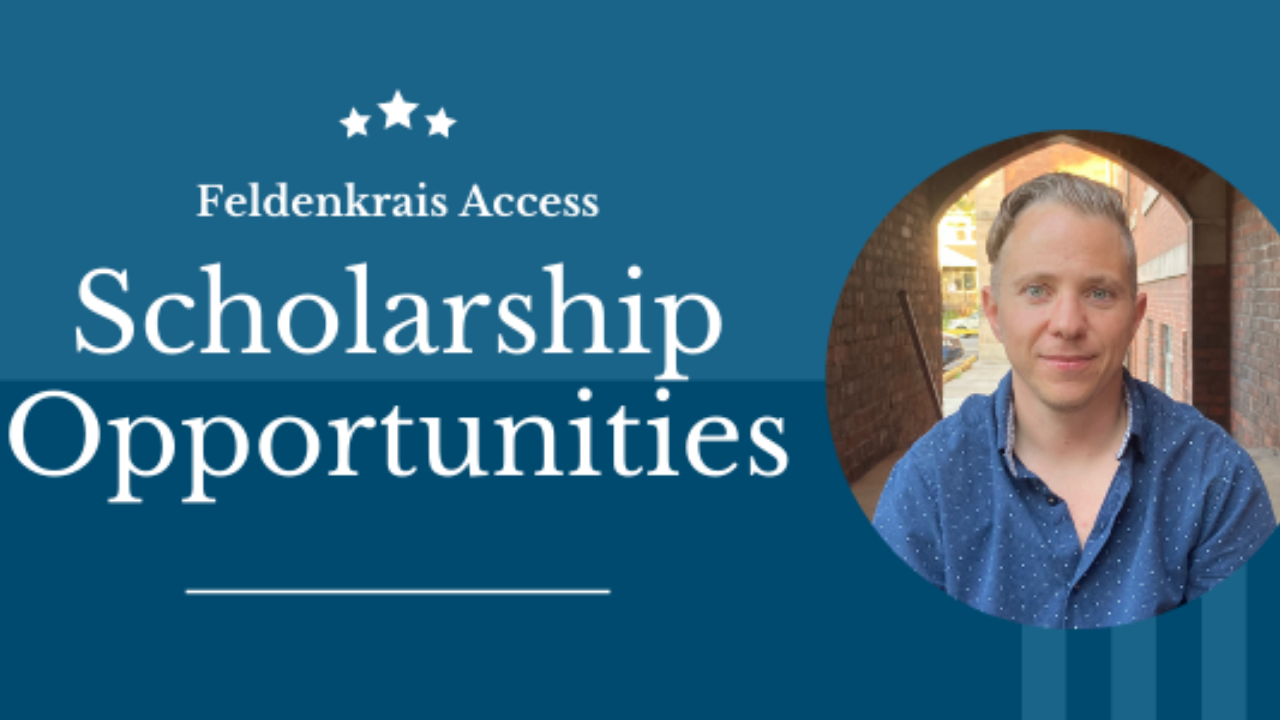Thinking
Feldenkrais
May 2025 Flash Sale

Save 40% through Monday, May 26!
During our May Flash Sale, we're offering 40% off the following online Feldenkrais programs:
- Liberate Your Mouth & Jaw: Grinding your teeth while you sleep? Waking up with tension headaches? This is the program for you! This on-demand program taught by David Zemach-Bersin is designed to help you interrupt the common habits of muscular tension that cause chronic contraction of the muscles of the mouth, jaw, eyes, and brow. Sale: $75 (Reg $125)
- Liberate Your Mood: Looking for a bad-mood cure? The next time you wake up on the 'wrong side of the bed,' try a Feldenkrais lesson from this on-demand program with David Zemach-Bersin! Each lesson is designed to activate your brain-body connection to bring about significant changes and improvements in your mood. Sale: $69 (Reg $115)
- Intelligent Feet: Do you miss walking without foot pain? Tired of living with plantar fasciitis and tendonitis? In this on-demand Feldenkrais program with Raz Ori you will...
Beth Talks Family History of MS, 'Life in Progress,' & More!

Ira Feinstein: You became a physical therapist before you became a Feldenkrais practitioner. What drew you to PT?
Beth Rubenstein: Some of my earliest childhood memories were of my father’s illness, of him going to the hospital, coming home, being in bed. I grew up with an awareness of disability and sickness. Multiple Sclerosis was a common discussion in my family. My father had MS, his brother died of it in the 30’s, and my sister in the 70’s.
I gravitated to volunteer work in hospitals and worked with some children who needed help at home. I was elated in high school when I learned that I could make a living helping people with physical difficulties.
Ira: What was your path after PT school?
Beth: I got a job as a PT, and I loved it. I wanted to learn everything and do everything. I was very interested in how the brain knew how to move. That fascinated me. I took a three-month Proprioceptive Neuromuscular Facilitation (PNF) training— a stretching technique that can imp...
November 2024 Flash Sale

For those of us in the northern hemisphere, Fall is quickly giving way to Winter. Losing daylight can cause a cascade of challenges: getting outside less can lead to becoming more sedentary, which can affect our ability to sleep soundly. Additionally, once the snow and ice arrive, we are at an increased risk of slipping and falling. To support you through these changing seasons, we're offering 40% off the following on-demand Feldenkrais programs: A Good Night's Sleep, Better Balance, & How to Survive Sitting through Monday, November 18. Find out more below!
A Good Night's Sleep
Are you or does someone you know having trouble sleeping? Feeling anxious and stressed? Our brain is concerned with keeping us safe. However, this means it sometimes reacts in ways that don’t help us to rest. Stress hormones are produced in our brain whether we are facing danger, or simply experiencing general anxiety. As stress hormones build up throughout the day, they can keep us from getting a deep, r...
Practitioner-Focused Summer Sale

May Flash Sale

During our May Flash Sale, we're offering 40% off the following online Feldenkrais programs:
- How to Survive Sitting: Learn to maintain your flexibility and freedom of movement while sitting! This seven-lesson program is designed to help you reduce the stress of sitting on your skeletal system and musculature. It is taught by David Zemach-Bersin. Sale: $71.40 (Reg $119)
- Reducing Your Body Pattern of Stress & Anxiety: A series of seven Feldenkrais lessons and seven short exercises designed to help you reduce symptoms of anxiety. Benefits include a greater ability to manage stress and improved overall well-being. Taught by David Zemach-Bersin. Sale: $71.40 (Reg $119)
- Posture for Life: This program by David Zemach-Bersin stimulates new neural pathways in your brain to support the development of healthy posture, freedom of movement, and a greater sense of well-being. Each lesson will help you to dissolve old postural habits. Sale: $89.40 (Reg $149)
- Liberate Your Spine: This origin ...
Scholarship Program

Ira Feinstein, Managing Director
When I was in my twenties, my favorite job was at a small nonprofit that gave me a sense of direction, a loving and supportive work environment, and a small paycheck. I could pay my bills and go out to eat now and again, but otherwise, I lived frugally. During that time, I found myself in pain—both physically and psychically—and I set out to find ways to alleviate both. I discovered— and found significant relief from—one-on-one Feldenkrais lessons, but the cost was prohibitive. Luckily, a friend of a friend offered to give me lessons for one-quarter of his regular price! It was still a lot of money for me, but I adjusted my budget just enough to make it work. The sessions became the highlight of any given week for almost two years. A decade-plus later, I’ve realized that even if I could’ve paid full price, there is no way I could truly quantify how profoundly those lessons changed me. To say that I might not still be here otherwise is not an overstatem...
Can We Improve Your Access?

About Our Scholarship Program



